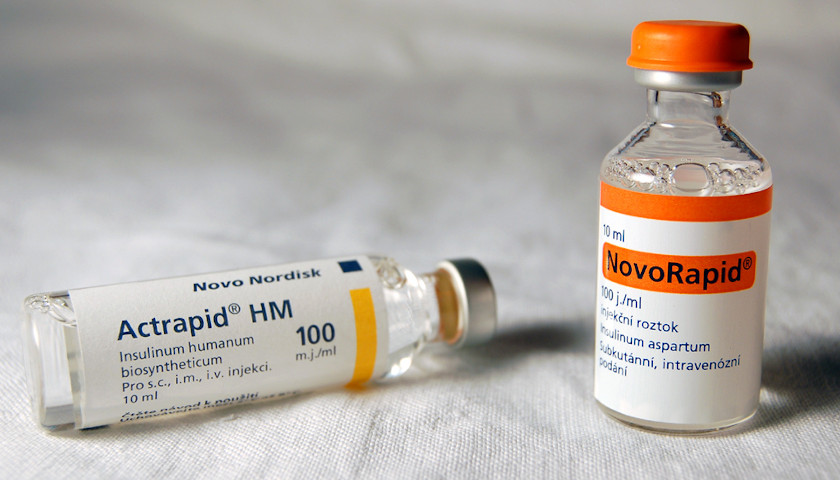by Scott McClallen
The Minnesota Legislature passed two bills Tuesday that aim to make broad changes in response to COVID-19 and to create an affordable insulin program.
The House passed House File 3100 by a vote of 111-22, followed by a unanimous Senate vote.
The bill was named The Alec Smith Insulin Affordability Act after a 26-year old who died in 2017 while rationing his insulin medication because he couldn’t afford the $1,300 refill after he had aged out his parent’s insurance coverage.
“Minnesotans should not lose their lives because they can’t afford the insulin they need to survive,” House Speaker Melissa Hortman, D-Brooklyn Park, said in a statement. “Thanks to the advocacy of thousands of Minnesotans, and to Representative Michael Howard’s dedicated leadership, this legislation is on its way to the Governor’s desk. The Alec Smith Insulin Affordability Act will provide emergency access, long-term affordability, require insulin manufacturers to be part of the solution, and is ready to implement right now.”
The Alec Smith Insulin Affordability Act seeks to provide safety nets for diabetics.
One would allow diabetics who can’t afford their insulin to receive an emergency 30-day supply of insulin at their pharmacy for a co-pay of $35.
Another provision would require insulin manufacturers to sell a 90-day supply of insulin for a maximum of $50 to eligible residents who have a family income below 400 percent of federal poverty guidelines.
That comes out to be about $51,000 for an individual.
Insulin manufacturers who don’t comply would be fined up to $3.6 million a year and $7.2 million in the second year.
State Sen. Scott Jensen, R- Chaska, a bill author, applauded it’s passing.
“Today is a new day in Minnesota for diabetics and this legislation will serve as a springboard for more creative legislative ideas regarding other expensive, life-sustaining medications,” he said in a news release.
The House also passed HF 4556, a fourth COVID-19 bill, 101-33, which the Senate cleared 64-3 hours later.
The bill, if signed into law, would give $1.25 million to the Second Harvest food bank, allow local governments to meet and vote electronically, and ease technical requirements for commercial driver’s licenses, marriage applications, wills, courts, farmer-lender mediation and child support among business closures related to COVID-19.
“The top priority was to help the Governor react to the COVID virus – we’ve put more than $500 million in funding to prepare hospitals, clinics, nursing homes, and state agencies, and funding to support child care providers, small businesses, college students, and veterans,” Senate Majority Leader Paul Gazelka, R-East Gull Lake, said in a statement. “Today’s bill includes some important technical issues that need to be dealt with as we continue with our response to the challenges caused by the virus.”
– – –
Scott McClallen is a staff writer covering Michigan and Minnesota for The Center Square. A graduate of Hillsdale College, his work has appeared on Forbes.com and FEE.org.




